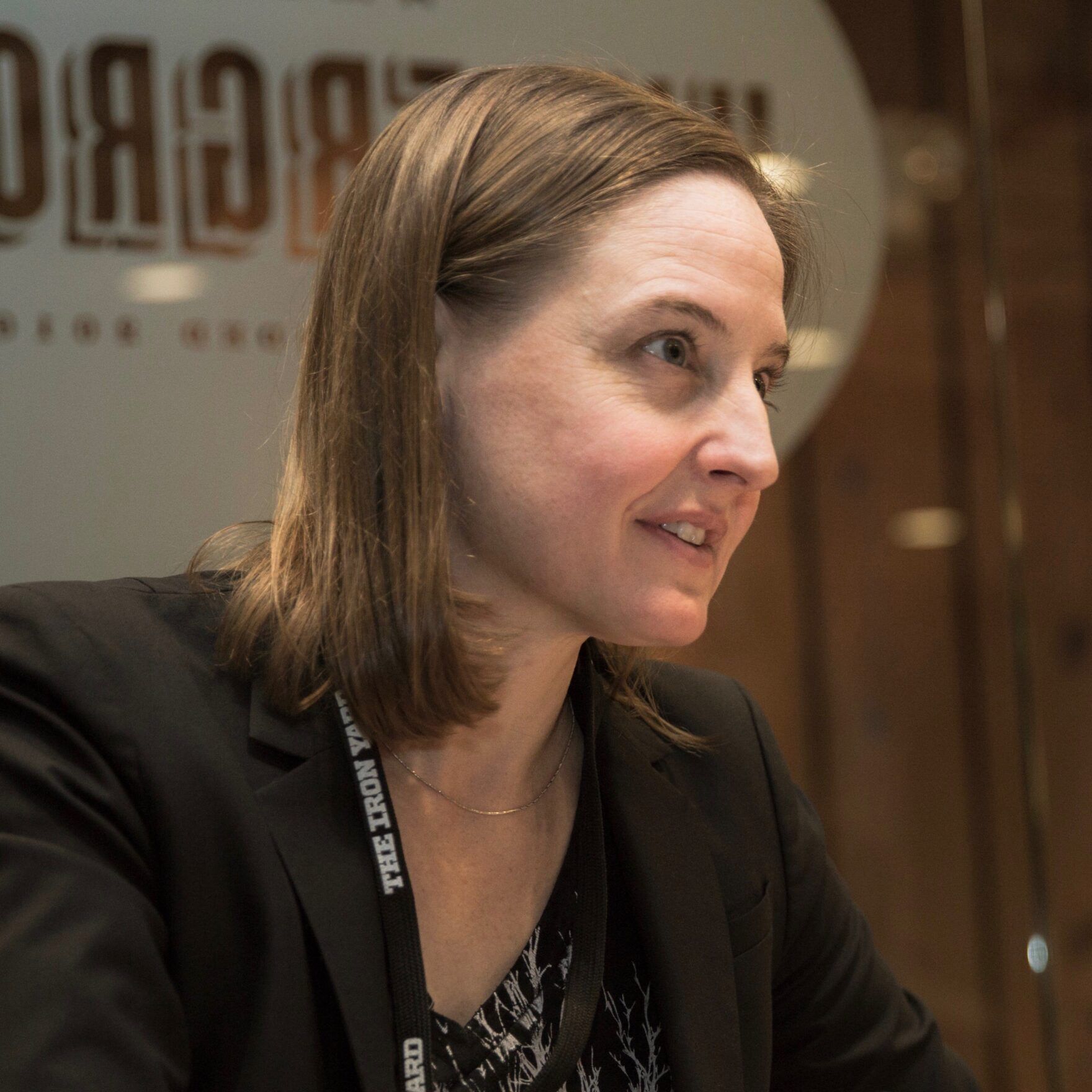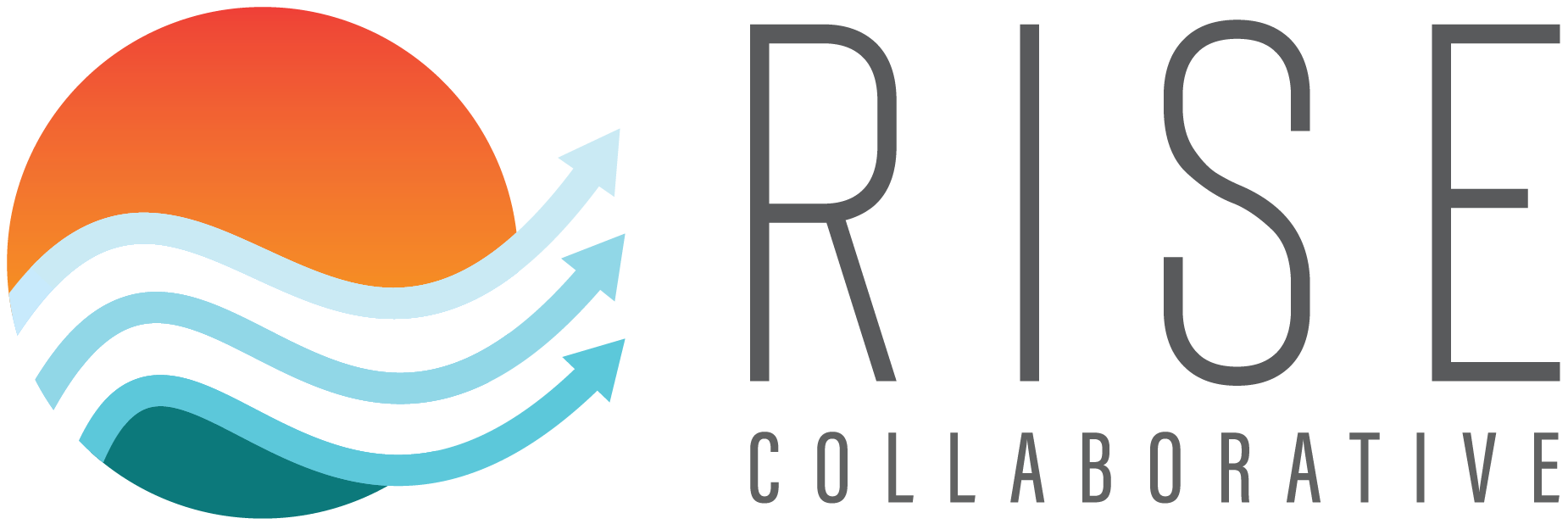By Anne Jones, Co-Founder of District C
I have a front row seat to meet, work with, and learn from some of the most talented young people I have ever met. This diverse group is ready to go and wants to be part of something, now. I also get to meet so many amazing small businesses who are all looking for and competing for talent (yes, competing for talent), now more than ever. They want team members who will thrive and who want the responsibility and accountability that comes with being part of a small business. Team members who like to wear many hats and know how to learn what they need to learn to get to great decisions and plans for delivery. Team members who don’t just want a job, but want to be part of something where they can grow personally and professionally.
There is an opportunity here. There is young talent looking for exactly these things and small businesses could offer it to them. Small businesses can win the competition for this talent with an intentional approach to attracting and retaining this talent. John Hagwood and Scott Schein of GenEdge perfectly outlined a few keys to this approach during the bi-weekly RISE Collaborative’s Rise and Shine meet-up (watch the video here). Here is a 2-part summary from John and Scott plus my 2 Cents from District C.

Teamship students working with Fleet Feet Sports
Part #1: Attract Talent
Scott shared that what is working for small businesses is learning how to communicate to candidates the value proposition of working for small businesses while keeping in mind that it won’t be for everyone. In a small business, you get to wear many hats. This means your day to day won’t be the same and your learning curve will stay steep. You get to be action oriented, figure things out, and execute thoughtful decisions with urgency. You will have a great deal of responsibility and real accountability. In a small business, all team members will likely be in direct contact with customers and/or have their hands on things that have a direct impact on the customer experience and therefore the success of the business.
As you try this approach out and share it with potential hires, remember the second half of Scott’s point — that whether or not these qualities are a value proposition is in the eye of the beholder. This will not be for everyone. As an employer, you need to find the person that sees this job description as an opportunity and is fired up for the challenge.
2 Cents from District C: You may be saying to yourself, if I could find this talent, I would be happy to communicate this value proposition and hire them, but where do I find these people? The Rise Collaborative in partnership with District C and IALR are building an ecosystem that is designed to prepare this talent and help connect you to this talent. Students across the state of Virginia will be raising their hands to be part of a team-based internship experience called Teamship. In Teamship, students will be coached through the process of leveraging each other’s diverse strengths to solve a real problem for a local business. We want to be sure our Teamship students find you and you find them.
Part #2: Retain Talent
You did it — they accepted the position! Now how do you keep them? Make their growth your priority, even if this means they eventually move on because of some amazing opportunity at another company. (This is actually evidence of success — celebrate it!) John Hagwood nailed it when he talked about the importance of coaching. Think about a great coach in your life. You believed they wanted you to get better and you could see your improvement. It took practice, it didn’t happen right away, but you became a more valuable player (mVP). The kind of talent you seek is not just looking for a job with good pay and benefits. They want to be the mVP, maybe even the most valuable player. They can with the right opportunities and the right coaching. First, they need space to do the work, to have the responsibility, to feel the reality of accountability — all things you can give them as a small business. Second, they need the support and help to get to the next level. They need a coach. Look for the things they do well. Point those out and be specific. What did they say or do? What result did it get them? What is one or two things they can do that will take that work to the next level? Again, be specific.
2 Cents from District C: You may now be saying to yourself, if I had the time I would be happy to do this kind of coaching, but I am trying to run a business! How is this possible? It is possible by looking for the small moments and coaching in real time. You don’t need to schedule a meeting for this type of coaching. If you see something great, tell them. Think about sports coaching. You don’t have to call a time-out every time you want to coach. Part of District C’s work with Rise Collaborative and IALR is to build great coaches. Join us! Small businesses are the perfect place for coaching because it is a place where you likely know every team member and, at least at some point, have to work on something together. Orienting your leadership team around a coaching philosophy can be a powerful way to help the amazing young talent you have recruited continue to grow with you, adding more value to them personally, but also to your business as you help them unlock their potential.
The District C Coaching Institute and Teamship are live in Southern Virginia.
Learn more about the program and how to bring this opportunity to educators and students at your school.

About the Author
Anne Jones, District C Co-Founder
Anne grew up on a farm in Nebraska before attending Dartmouth College. She pursued her love of science and education, which led to a formative five years as a middle school science teacher. After earning a Doctor of Education degree in Education Policy at Harvard, Anne worked as a consultant for Harvard’s Data Wise project where she helped schools around the country implement data-based improvement practices. From there, Anne became Chief Program Officer at Project Lead The Way, a national nonprofit and leading provider of STEM curriculum. She helped expand access to hands-on STEM curriculum and professional development to over 8,000 schools across the US. Now, Anne co-leads District C, a Triangle based nonprofit that is preparing the next generation of diverse talent for modern work.
